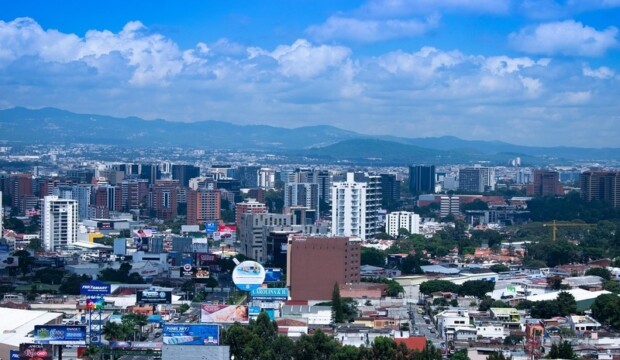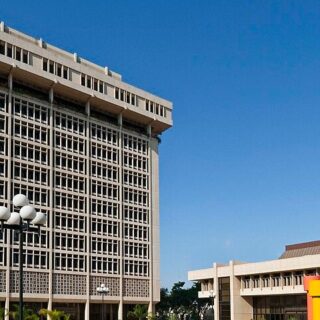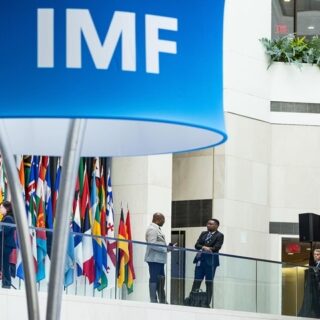The International Monetary Fund (IMF) Executive Board concluded its Article IV Consultation with Guatemala, acknowledging the country’s economic resilience. The consultation’s staff report, prepared in conjunction with the Government of Guatemala, has been published with the consent of the Guatemalan authorities.
The report indicates that Guatemala’s economy has maintained a positive current account and low inflation, supported by ample policy buffers. However, it also highlights the need for reforms to facilitate a shift toward higher investment and growth, and to reduce poverty.
Economic Outlook
The macroeconomic outlook for Guatemala remains strong, with potential for continued growth despite elevated external uncertainty. Economic growth is projected at 3.8% in 2025, driven by a significant fiscal impulse that is expected to offset softening private demand. The report projects growth to stabilize around 3.5% in 2026–27, potentially converging to 4% in the following years due to planned infrastructure investments and ongoing reforms aimed at improving governance and public spending.
Inflation is expected to gradually return to the Banco de Guatemala’s (Banguat) target of 4% (±1 percentage point). Fiscal deficits are projected to be around 3% of GDP in the medium term, with public debt reaching 30% of GDP by the end of the projection period. The balance of risks is tilted to the downside, with domestic political constraints limiting the advancement of necessary reforms. External risks include trade policy uncertainty, global growth fluctuations impacting investment, and shifts in migration policy that could affect remittance-supported spending.
Fiscal and Monetary Policy
The Executive Directors of the IMF board noted Guatemala’s expansionary fiscal stance for 2025, given the context of softening private demand. The report suggests that reverting fiscal deficits to a historical average of about 2% of GDP in the medium term will be necessary to maintain fiscal sustainability. This would require revenue and expenditure reforms to accommodate increased spending on infrastructure and social programs. Directors underscored the importance of strengthening revenue mobilization, improving the targeting of social programs, enhancing the efficiency of public spending, and strengthening budget planning and management. They also recommended increasing reliance on domestic funding, anchored by a medium-term debt management strategy.
Regarding monetary policy, the executive directors considered the current stance and Banguat’s response to remittance inflows to be appropriate. They encouraged strengthening monetary policy transmission and improving policy coordination between Banguat and the Ministry of Finance to alleviate sterilization costs. The report also supported continued efforts to enhance exchange rate flexibility.
Financial System and Structural Reforms
The financial system’s resilience was acknowledged by the executive directors, who also noted efforts to strengthen banking regulation and supervision. The report stressed the importance of expanding risk-based supervision, developing the macroprudential toolkit, and enhancing oversight of fintech and digital financial services. Recommended legislative priorities include revising the 2002 Law on Banks and Financial Groups, completing the transition to International Financial Reporting Standards, advancing the draft Secondary Market Law, and implementing the financial inclusion strategy.
The critical need for enhanced governance and structural reforms to foster inclusive growth was also highlighted. The report urged authorities to prioritize the adoption of new legislation, including an AML/CFT Law, a Beneficial Ownership Law, a Public Procurement Law, and a Law for the Protection of Whistleblowers. While efforts to address corruption risks in municipal investment projects administered by Department Development Councils (CODEDEs) were noted, the directors stressed the need for stronger oversight and capacity-building for these councils. The report encouraged consolidating institutional gains through a medium-term anti-corruption strategy and continuing efforts to formalize the economy and improve the business climate.
Guatemala City. Photo credit: Victor_Leal from Pixabay.







